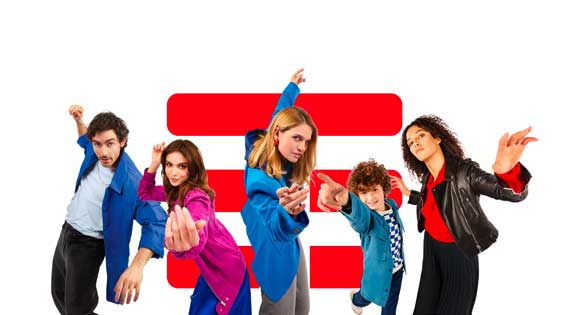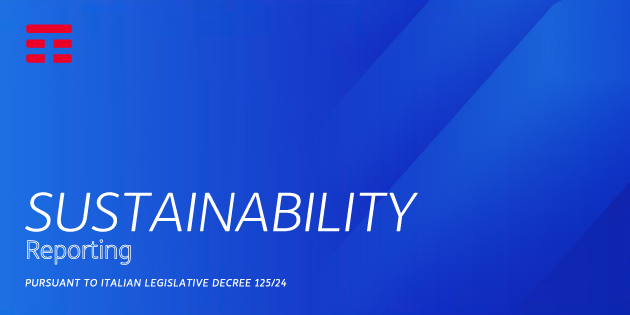Communicating with deaf people
There are over 1,200 people with disabilities at TIM, and almost a hundred people with sensory disabilities (deaf, blind and partially sighted people). Sensory disabilities require special care, as the impairment of one or more senses (sight, hearing...) can substantially influence a person's full integration in the working environment.
We worked hard to ensure the professional redevelopment of our deaf colleagues, thanks especially to technology often developed in-house, as it allows to personalise communication tools according to specific needs: for oral deaf people, who read lips; for deaf people who mostly communicate with sign language...
However, the greatest innovation was introduced by Pedius, a TIM WCAP start-up in which we now have shares. Since 2019, through Pedius and in partnership with VEASYT, 50 deaf colleagues have access to two telematic tools that are essential in allowing them to communicate with managers, collaborators and colleagues:
- A system permitting to call any phone number and to receive calls from any number, which converts text to speech and vice versa
- A platform for LIS (Italian sign language) interpreting via video, that can be activated online at short notice.
In this way we met most daily requirements and guaranteed a good level of integration.








